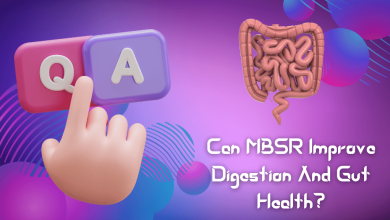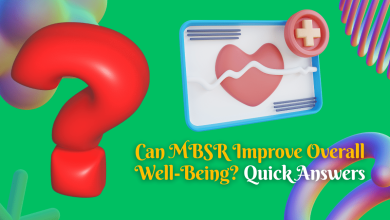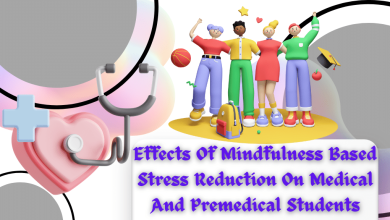Can MBSR Improve Cardiovascular Health?
Yes, mindfulness-based stress reduction (MBSR) can improve cardiovascular health.
MBSR is an evidence-based approach that combines mindfulness meditation, gentle yoga, and body awareness techniques to help people manage stress and improve their well-being.
MBSR has been shown to have positive effects on both physical and mental health, and several studies suggest that it may also improve cardiovascular health.
Here are some ways that MBSR can improve cardiovascular health:
1. Reducing Stress
Chronic stress is a risk factor for cardiovascular disease, and MBSR can help reduce stress levels.
Mindfulness meditation has been shown to reduce cortisol, a stress hormone that can increase blood pressure and contribute to inflammation in the body.
A study published in the Journal of Alternative and Complementary Medicine found that participants who completed an MBSR program had significantly lower levels of cortisol and other stress-related hormones.
2. Lowering Blood Pressure
High blood pressure is a major risk factor for cardiovascular disease.
Studies suggest that MBSR may help lower blood pressure in people with hypertension.
A meta-analysis of randomized controlled trials found that MBSR was associated with significant reductions in both systolic and diastolic blood pressure.
3. Improving Lipid Profile
High levels of cholesterol and other lipids in the blood can contribute to atherosclerosis and other cardiovascular problems.
A study published in the Annals of Behavioral Medicine found that MBSR was associated with improvements in lipid profile, including lower levels of total cholesterol and triglycerides.
4. Enhancing Cardiac Function
MBSR may also have direct effects on cardiac function.
A study published in the Journal of Psychosomatic Research found that MBSR improved heart rate variability, a measure of the heart’s ability to adapt to changing demands.
This suggests that MBSR may improve the overall health and resilience of the cardiovascular system.
5. Promoting Healthy Behaviors
In addition to these physiological effects, MBSR may also help people adopt healthier behaviors that can promote cardiovascular health.
For example, a study published in the Journal of Behavioral Medicine found that participants who completed an MBSR program were more likely to engage in physical activity and eat a healthy diet.
Real-life Scenario
John has a family history of heart disease, and he is concerned about his own risk.
He decides to enroll in an MBSR program to learn stress management techniques and improve his overall health.
Over the course of the program, he learns how to meditate, practice yoga, and cultivate mindful awareness. He also discovers that MBSR can have positive effects on cardiovascular health, including reducing stress, lowering blood pressure, and improving lipid profiles.
John feels empowered to take charge of his health and adopts healthier behaviors like exercising regularly and eating a balanced diet.
In summary, MBSR is an evidence-based approach that can improve cardiovascular health by reducing stress, lowering blood pressure, improving lipid profile, enhancing cardiac function, and promoting healthy behaviors.
If you’re interested in improving your cardiovascular health, consider enrolling in an MBSR program or incorporating mindfulness practices into your daily routine.









